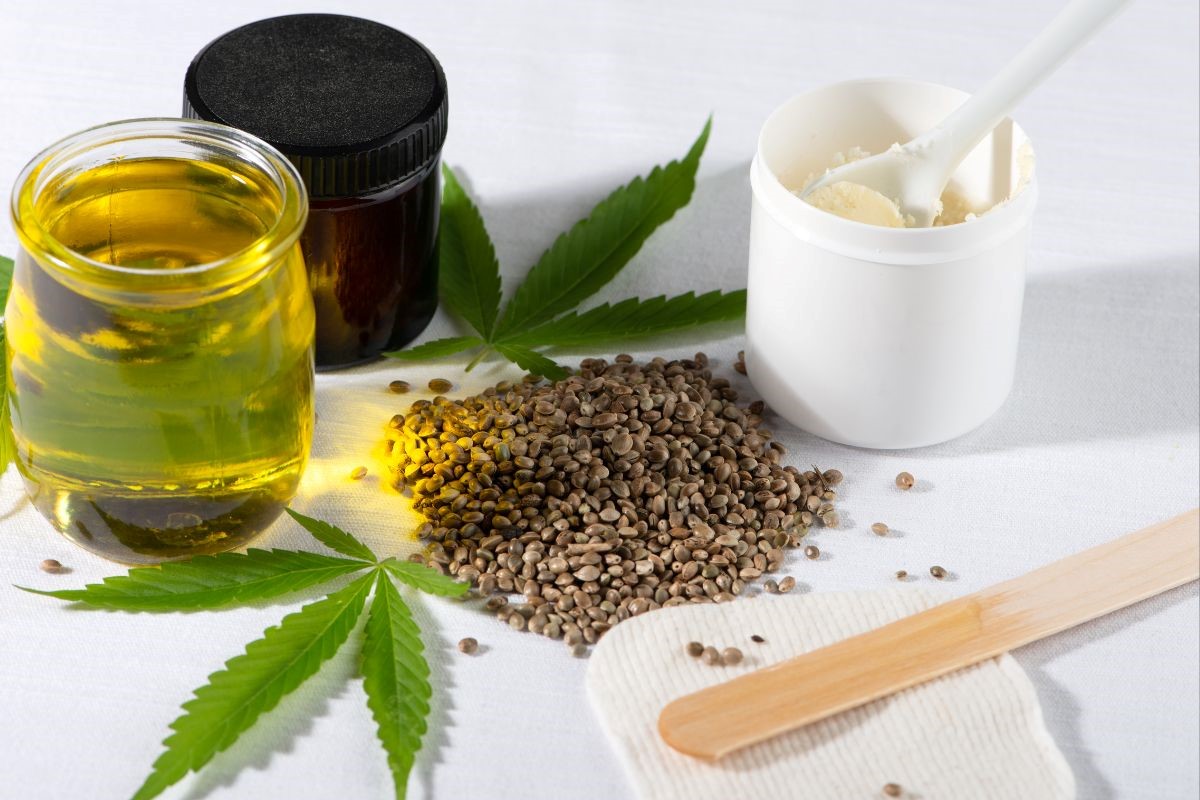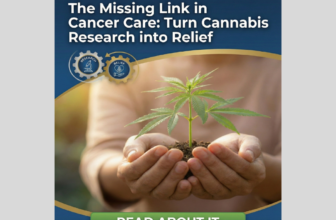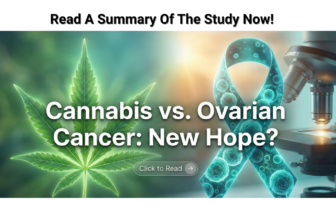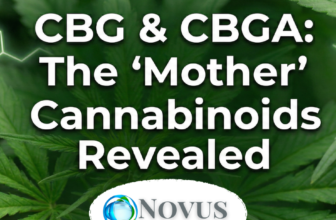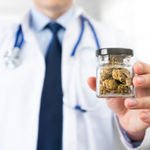
In recent years, plant-based therapies have shifted from fringe interest to mainstream wellness tools—particularly medical cannabis and hemp-derived CBD. While both trace back to Cannabis sativa, they offer very different profiles of effects, legal status, and therapeutic utility. Understanding those differences is key to using them responsibly as part of holistic health.
Core Distinctions: Chemistry, Legality, and Therapeutic Purpose
The primary difference lies in chemical composition and legal/regulatory frameworks. Medical cannabis typically includes a full spectrum of cannabinoids, especially higher levels of THC, which is responsible for mind-altering (“psychoactive”) effects. In contrast, hemp-derived CBD is legally restricted to less than 0.3% THC in many jurisdictions, meaning it delivers therapeutic benefits without the “high.” These distinctions affect what is possible—from pain relief to mood modulation—and what’s permissible depending on local laws.
Medical Cannabis: The Whole-Plant, Synergistic Approach
Medical cannabis isn’t just about THC + CBD. It embraces the whole-plant philosophy—minor cannabinoids (like CBG, CBC, CBN), terpenes, flavonoids, esters, anthocyanins—all these interact in complex ways. This idea of the entourage effect posits that the plant’s compounds together work more effectively with the body’s endocannabinoid system (ECS) than any isolated compound alone. The ECS plays a role in regulating sleep, mood, inflammation, and homeostasis.
Common medical cannabis applications include:
Chronic pain and inflammation, especially when inflammation underlies the condition (arthritis, fibromyalgia, autoimmune disease).
Neurological disorders like multiple sclerosis, ALS, Parkinson’s—because whole-plant cannabis may help with tremor regulation, protect neurons, and modulate aberrant neuronal firing.
Mental health and mood issues — PTSD, anxiety, depression — where THC may assist through neurotransmitter modulation (serotonin, dopamine), though psychoactivity demands cautious dosing.
Hemp-Derived CBD: A Gentler Alternative
Not everyone can (or wants to) handle THC’s effects. For those people, hemp-derived CBD offers many benefits without intoxication. Though it lacks psychoactivity, it still interacts with the nervous and immune systems, helping with:
Anxiety and stress reduction, via interactions with serotonin receptors (notably 5-HT1A).
Sleep support, partially through effects on GABA-mediated signaling, helping the brain relax and rest.
Mild pain and inflammation, especially in chronic but lower-grade discomforts (muscle soreness, mild joint pain, headaches). Importantly, CBD may avoid risks of dependency or side effects often seen with stronger pharmaceuticals.
Matching Treatment to You: A Decision Framework
There is no one-size-fits-all answer. The choice between medical cannabis and hemp-CBD depends on:
Severity and nature of symptoms — Severe pain, neurological disease, cancer recovery tend to demand the richer, more complex profile of medical cannabis. Milder or early-stage symptoms may be well-served by hemp-derived CBD.
Sensitivity or risk tolerance — If you or your lifestyle demand mental clarity, legal compliance, or you’re sensitive to psychoactive effects, CBD likely safer.
Legal constraints — Where medical cannabis is prohibited or restricted, hemp-derived CBD (if properly sourced) offers a legal alternative.
Holistic wellness goals — If you’re seeking not only symptom relief but overall balance (sleep, mood, inflammation, stress), looking for products that include minor cannabinoids + terpenes + clean extraction methods (organic, third-party tested) enhances potential benefits.
Holistic Integration & Quality Considerations
Dr. Hernandez emphasizes that these plant compounds should be tools within a broader healing ecosystem—not the only strategy. True holistic health includes nutrition, movement, emotional resilience, breathwork, and perhaps energy or spiritual practices. Cannabis or CBD can complement those, but overreliance risks losing benefits of integrated care.
Also, product quality matters deeply. Because of variability in regulation, extraction, and labeling, you want:
Organic growing practices
Full-spectrum or broad-spectrum extraction when entourage effect is sought
Third-party lab testing (for potency, contaminant screening)
Transparent labeling
Final Thoughts: Modern Plant Medicine
We’re in a renaissance of plant medicine—rediscovering what has been known in traditional cultures, now validated by scientific methods. But this renaissance should be approached with respect, intention, and informed decision-making.
If you’re considering medical cannabis or hemp-derived CBD:
Consult a qualified cannabis therapist, naturopathic practitioner, or other medical professional
Begin with small dosages, observe effects carefully
Keep in mind legal and safety environments
Questions for Reflection
What symptoms are you trying to address, and how severe are they?
What’s your legal environment, and how might that constrain your options?
How do psychoactive effects of THC align or conflict with your daily life, work, or responsibilities?
What other holistic health practices are already in place—and how could cannabis or CBD integrate (rather than replace) those?
By understanding these dimensions—chemistry, effect, regulation, and personal context—you can make intentional, empowered choices. Medical cannabis and hemp-derived CBD are not opposing therapies but tools along a spectrum of plant medicine. Used wisely, they may help unlock greater wellness and resilience.


